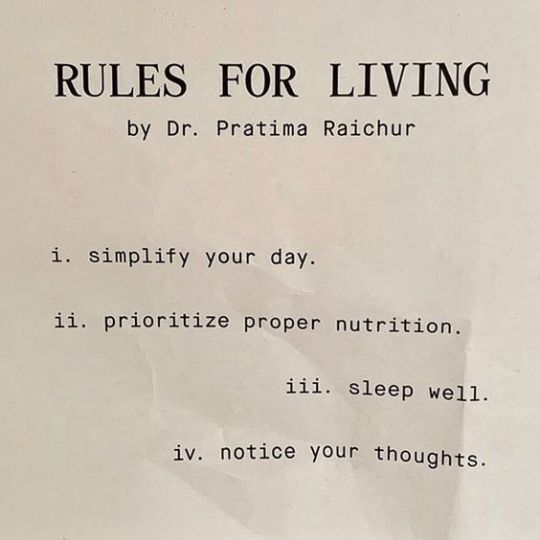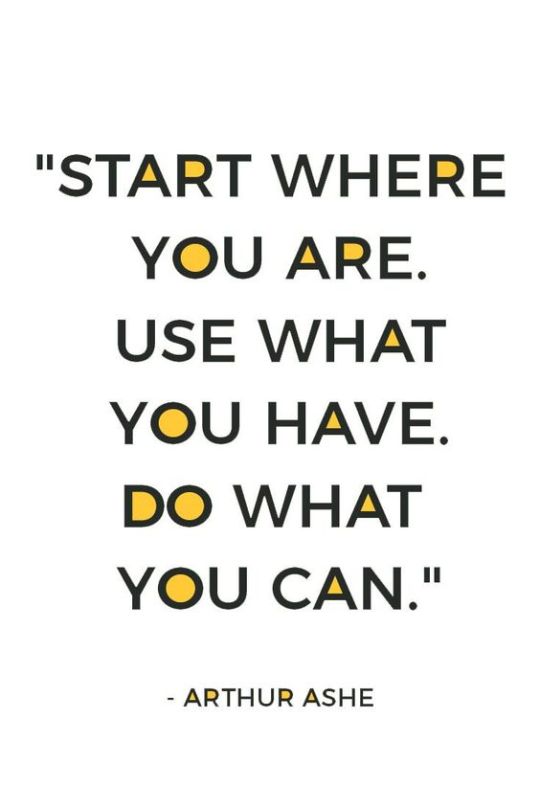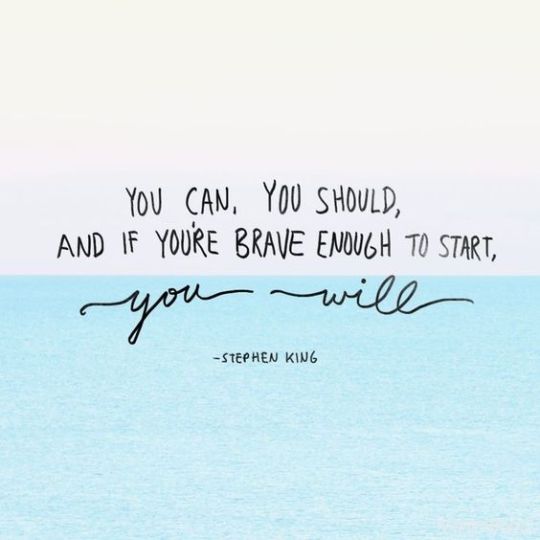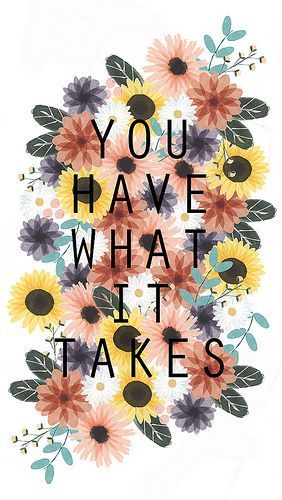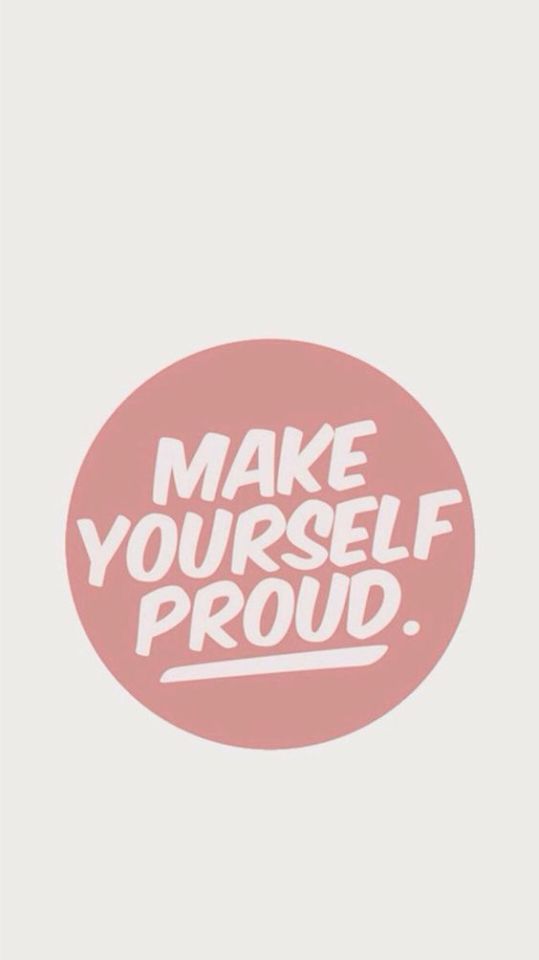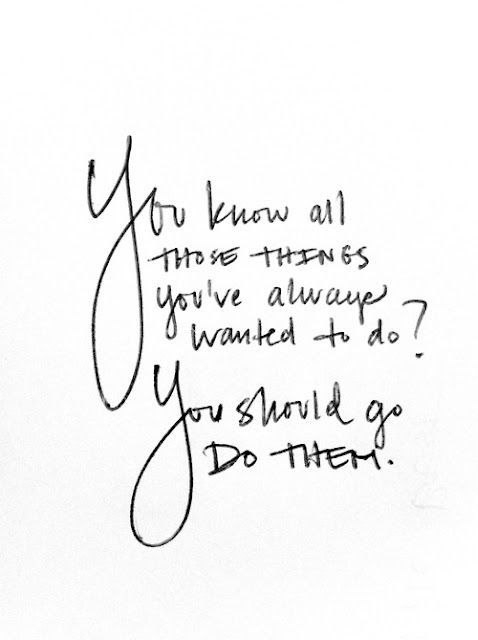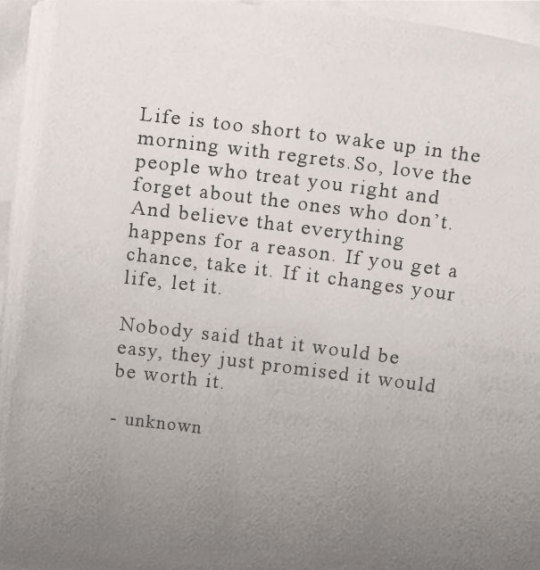Text
“Sometimes the most beautiful things in life exist within the unknown. They remain discrete, unseen, and often unnoticed. So take your courage, and allow for it to accompany you into this unknown. Travel to the unchartered lands of your life, and discover this beauty that exists.”
— Nicole Addison @thepowerwithin
4K notes
·
View notes
Photo







Animal Crossing Embroidery Hoops made by IggyStarpup
3K notes
·
View notes
Text
Don’t settle for anything less than your heart truly desires.
Nicole Addison @thepowerwithin | Instagram
9K notes
·
View notes
Text
6 Steps in Learning to Love Yourself
1. See the good in your past. There will always be things that we wish had never happened; there will always be bad memories and things that we regret. But they are part of who you are – so accept that they have happened and celebrate the person they’ve allowed you to become.
2. Invest time in the things that bring you happiness. It’s important to identify the things that you enjoy, and that make you come alive, and are all a part of “you”. Spending time on those things will help to raise your self-esteem, as you’re valuing yourself when you pursue happiness.
3. Forgive yourself for your mistakes. We all make mistakes - and when we think of them we cringe. But that doesn’t make you any worse than other people. Just try and learn what you can, and then move on with your life.
. Stop criticising yourself. So often we’re really our own worst enemy. We look for our flaws, and we put ourselves down – instead of being understanding of our own limitations. It’s time to change that behaviour – so start loving yourself.
5. Listen to your instincts and intuitions. If you want to love yourself, you must listen to yourself. Pay attention to those instincts and your instant gut reaction – and trust that you are right when you hear that inner voice.
6. Appreciate your life. Of course there are things that you wish that you could change. But some things are good, and are worth appreciating. So, focus on, appreciate, and make lots of your strengths.
2K notes
·
View notes
Text
The version of you right now is deserving of love. Not you two years ago when you had more of your shit together, or the five years later version where you’ll surely be thriving. The version of you right now. The one that might just be okay, or is really struggling, or is bored and unproductive. That version deserves love. Having trouble accepting this is fine, but actively denying it is not. Your value is intrinsic, and finding confidence in that is mandatory.
198K notes
·
View notes
Text
ok so apparently not a lot of ppl know to do this when ‘reviewing notes’ but
look at section of notes
look away from section of notes
explain section of notes
check if explanation was correct
identify mistakes/gaps
recite correction for each mistake/gap
repeat until no mistakes
gotta practice recalling the info instead of just acknowledging its correctness
9K notes
·
View notes
Text
How I prepped for the academic job market

I am by no means an expert on academic jobs just because I now (miraculously?) have one. But I have been told that I am organized, and, yes, that is because being an anxious person sometimes means having a system for everything. So before I totally bury all memories of the academic job market, I thought I would put together a timeline of some of the things I did to get ready to search for academic jobs…
My to-do list started very informally in the first year of my PhD program. I know that sounds over-the-top-early but the job market takes a lot of work. Checking things off one at a time helped me to feel in control. Here’s how I prepared for the academic job market as a PhD student:
Year 1
Do research that excites you: Enthusiasm for my research ended up being my momentum through a lot of the hard stuff that came later. Try to set yourself up to do the research that you want to do right away. This might include some trial-and-error and trying out different topics until you find the one.
Read The Professor is In: My MA advisor insisted I read this the summer before I started the PhD and, as always, she was totally right. When I told other grad students I had read a book about how tough the job market is they either said “I don’t need to read that yet” or “I don’t want to know how bad it is.” Ummmm…denial is not a good strategy. Knowing what you’re getting into is a good strategy. Even though the information about prepping job market materials was not yet relevant, having a framework for what would be evaluated helped me to define my grad school goals.
Year 2
Write papers that help you figure out your research area: I was pretty bad at this in my MA (I wrote papers about everythingggg). It’s ok to spend some time exploring topics, but once I had a topic area, I tried to use grad seminar papers to narrow in on that topic. This involved writing some papers that ended up being duds, and some that ended up being important parts of my dissertation. This leads to…
Ask about publishing: In seminars, I tried to have meetings with professors where I told them I wanted an academic job and needed experience publishing. They were usually willing to help develop seminar papers that had (somewhat?) original arguments in them, which is necessary for publishing. I was also not afraid to ask for lots of publishing help–how does it work? where should I submit this? can I use a cover letter you have written as a template? Publishing is confusing and took me a while to get used to.
Network smarter, not harder: This was the year I realized that going to giant conferences and hoping to meet people who did similar things was just not working. I reassessed and submitted to several smaller conferences that had the explicit goal of having senior faculty mentor grad students. It was amazing! First, these conferences were genuinely helpful, second, they were genuinely…genuine. I didn’t feel that I had to do any super fake networking anymore because I was really there to have conversations that developed my research.
Year 3
Read job postings: If your discipline has a listserv, subscribe, if not, check out the InsideHigherEd job postings. Note any trends in hiring. I don’t think you can totally pivot toward every job (duh) but you can think about how to make your application more friendly to what everyone seems to want. In my case, people who teach organizational communication were often also being asked to teach several other classes, so I made sure to ask to teach one of those so it would be on my record before the job market.
Submit, submit, submit: This is the year I got the most journal submissions under review. Some got accepted, some got (mega) rejected. Most needed several rounds of hardcore revisions that took 12-14 months. Submitting in year 3 gave me time to do those revisions so that I could use the articles as writing samples on applications.

Year 4
Prep materials: I drew on as many resources as possible to prep my job market materials–career services helped with my CV, our graduate teaching program on campus helped me writing my teaching and diversity statements, I asked recent graduates for example cover letters, my advisor read and edited cover letters, my DAD read and edited cover letters (what can I say he loves helping with grammar). It takes a village. Use the village. Oh, now is also a good time to reread TPII book for tips on writing decent materials.
Get organized: I had a spreadsheet where I put all of the relevant job information, especially deadlines, keywords, and information about each department.
Ask your letter writers: I did this in August. I also made them all a “job application digest”–just a word document with all of the jobs I submitted to and some notes about what I had said in my cover letter, so they could tailor rec letters.
Throw yourself at your dissertation: Every interview asked how I was planning to finish the dissertation. Making real progress made this question much easier. I definitely lost myself to the job market for a solid month in November. Then, I realized that my dissertation was the only thing I had control over. So I got back to work.
And here are some other resources that I also enjoyed reading:
Thoughts on diversity statements: What the heck even are they?, plus thoughts on the hidden curriculum of college and designing inclusive teaching on campus (Ps don’t just use these to write a diversity statement use them to actually do work in your classroom and campus environment so that what you write on your diversity statement is genuine).
A breakdown on cover letters
Another great post on the job hunt
Campus visit small talk
This post originally appeared on my WordPress
581 notes
·
View notes
Text

Don’t know how people deal with rough days when they can’t be surrounded by all their favourite things. It’s the only thing that’s getting me through.
5K notes
·
View notes
Text
Learning Styles: Why You Shouldn’t Rely on Them and What You Should Do Instead
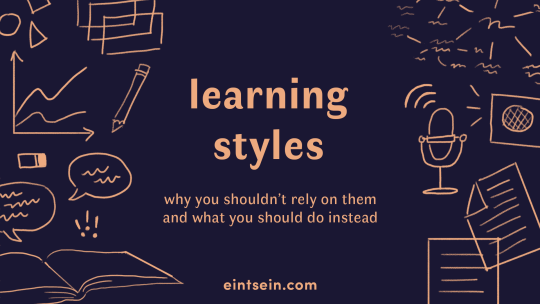
You’ve probably heard before that people take in new knowledge more effectively through different mediums. In other words, people have different learning styles.
The most common classification of ‘learning styles’ is the VARK method, which stands for Visual, Auditory, Reading, and Kinesthetic. It classifies people based on how they prefer to learn new material.
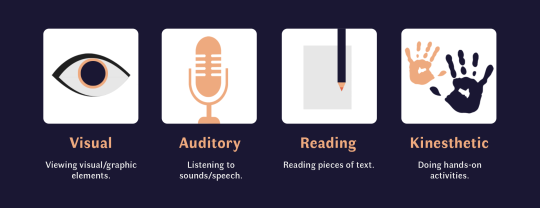
Instructors use these classifications to help their students understand new material. Students rely on them to identify their learning needs and find more efficient ways to study.
I often receive questions along the lines of ‘how can a [insert learning type here] learner study for [insert subject here]?’ or ‘what study methods work best for [insert learning type here]?’ Although I understand where you’re coming from, there are some problems with pegging yourself to a certain learning style.
Why You Shouldn’t Rely on Learning Styles
There’s No Scientific Evidence
Firstly, there’s no scientific evidence supporting the theory of learning styles. Teachers who adapt their lesson material to different learning styles don’t see an improvement in performance from their students. Students who believe they fit a particular learning style don’t do better in tasks associated with that learning style compared to their peers who identify with a different learning style.
Learning Styles are Preferences
They don’t tell you whether you receive information better a certain way. This is one of the flaws of the VARK questionnaire - it uses phrases like you would, you learn best by, you prefer, and you like. This only tells you the things you already do and the habits you’ve already formed, not what’s best for you and yields the best results.
Plus, the fact that these questions are self-reported undermines the reliability of the results of the questionnaire. Even if you think you’re extremely self-aware and can identify a single medium through which you receive information most effectively, adhering to a single medium will result in major drawbacks, which I’ll explain later in this post.
The Theory’s Inconsistent with Neuroscience
The idea of learning styles is also inconsistent with findings in neuroscience: the brain is an interconnected organ, so when you utilize one learning method, other learning methods are activated as well. For example, when you read a certain piece of text, your brain would then find a way to visualize what you read or to sound it out in your head.
What You Should Do Instead
Use All Learning Methods
Because our brain is so interconnected, it would be best to utilize all learning methods so that you can learn the material as comprehensively as possible. This was a method my seventh-grade science teacher taught me, and it’s been more helpful than I was aware of.
For example, when studying a relationship between two variables in a graph, you should
Study the physical attributes of the graph. Remember axes, units, the general shape of the graph, and outliers. This will help you understand the general correlation or relationship between the two factors. (Visual)
Read the explanation of the graph and rewrite it in your own words, either in the form of notes or a paragraph, so long as there is logical consistency. Also, redraw the graph. (Visual, Reading)
Explain (out loud) what’s going on in the graph and the explanation/theory behind it, while only looking at the graph you redrew. Do so by walking around. (Auditory, Kinesthetic)
Focus on the Material
The most important thing when it comes to studying is to focus on the material. The way that information is best processed by your brain depends on the type of information you’re receiving much more than what learning method you prefer to use. So, you should adopt as many of the learning styles as you can, focusing on what best suits the material you’re studying.
For example, you won’t understand geometry as comprehensively if you don’t visualize the shapes. You won’t be able to speak a different language without hearing how the correct accent is supposed to sound. You won’t be able to do math without actually doing the problems - just reading through sample questions and answers isn’t very effective.
In short, it doesn’t help to obsess over learning styles and only base your study habits on what style you’re classified into. Instead, you should utilize all learning styles and focus on study methods that work best for the content of what you’re studying.
5K notes
·
View notes
Text
SMILE! do it OFTEN! and UNABASHED! Grin!!! and be CONTENT! fuck it! be HAPPY in spite of everything and everyone who has tried to take that away from you! Without fail, the most resilient and incredible people i’ve ever met have remained happy despite everything they’ve been through. It’s okay to be sad, to feel down but don’t let that be your comfort zone, it’ll only keep you away from bouncing back. Smile and fuckin show up to the world with your game face on. You’ve got this.
1K notes
·
View notes
Text
Motivation
Stop studying because there’s a deadline. Stop studying to impress other people. Studying is a waste of time unless you are studying because you want to study. Study because you are capable of excellence, and it would be a shame to waste that potential. Study so that you can achieve your dreams. Study so that, when you look back many years from now, you’ll still be proud of how you worked.
3K notes
·
View notes
